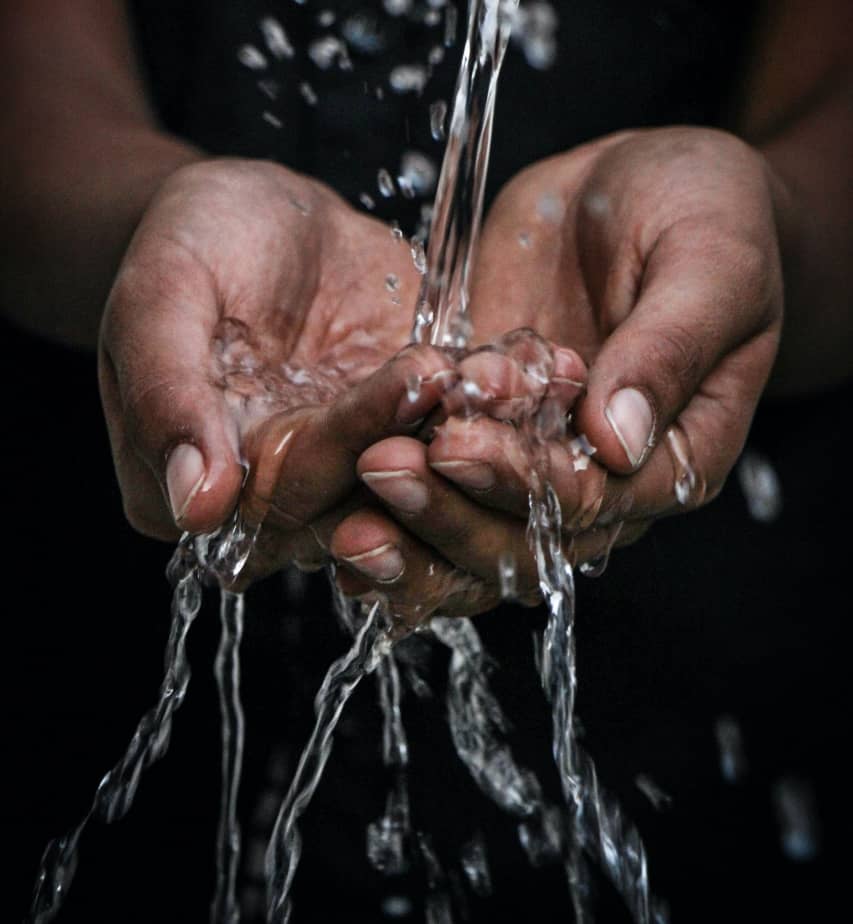Did I invalidate my wudu in the past?
Question:
Assalamu alaykum
While studying the basics (Shafi) course, I realized that wudhu is nullified when one touches the private parts. Whilst performing istinja for my younger siblings, my hand sometimes touches their backside. I did not know the ruling and used to think my wudu remains intact.
What should I do? Are my prayers invalid? Is it a major or minor sin?
Thanks a lot for your time and answers service; it helps so much.
Answer:
Wa Alaykum al-Salam
Thank you for your question.
You state correctly that touching the private parts, both front and back, invalidates wudu, regardless of whether it is one’s own private or that of another, young or old (Minhaj). Accordingly, touching the private parts of your siblings invalidates your wudu, and your prayer will be invalid unless you renew your wudu. This is the official view of the Shafi’i school, and this is the view you should uphold and practice if you have adopted the Shafi’i madhhab.
However, regarding the past, you may assume your prayers were valid based on the official view of the Hanafi school and a view in the Maliki school that touching the private parts does not invalidate wudu.
You may do so based on the maxim that reads, “carry the masses upon the easiest of schools.” Accordingly, you would not be contradicting the Shafi’i school if you consider your past prayers valid.
And Allah knows best.
[Shaykh] Abdurragmaan Khan
Checked and Approved by Shaykh Faraz Rabbani
Shaykh Abdurragmaan received ijazah ’ammah from various luminaries, including but not restricted to: Habib Umar ibn Hafiz—a personality who affected him greatly and who has changed his relationship with Allah, Maulana Yusuf Karaan—the former Mufti of Cape Town; Habib ‘Ali al-Mashhur—the current Mufti of Tarim; Habib ‘Umar al-Jaylani—the Shafi‘i Mufti of Makkah; Sayyid Ahmad bin Abi Bakr al-Hibshi; Habib Kadhim as-Saqqaf; Shaykh Mahmud Sa’id Mamduh; Maulana Abdul Hafiz al-Makki; Shaykh Ala ad-Din al-Afghani; Maulana Fazlur Rahman al-Azami and Shaykh Yahya al-Gawthani amongst others.
